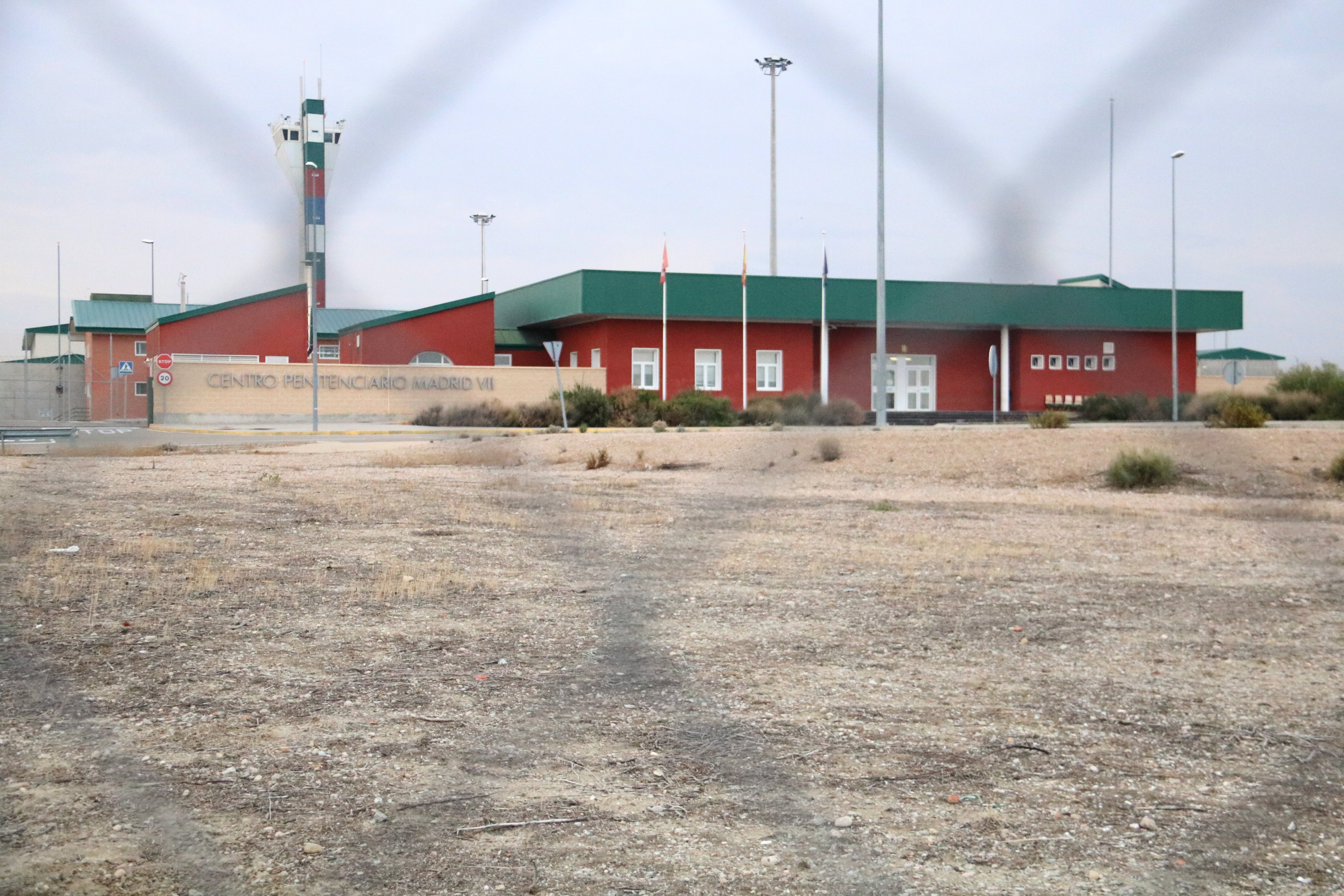Imprisoned Catalan political leaders Oriol Junqueras and Raül Romeva have demanded that media which have published a video showing images of them in Estremera prison must remove the images and not share them with third parties “to stop illegitimately invading" their privacy. According to the complaint laid over the recording and dissemination of the video, to which El Nacional has had access, the broadcast of the images, "without consent" and "undeserved", is a violation of their privacy, dignity and the presumption of innocence, and has left them feeling unprotected and caused great anxiety among their families.
In the complaint which the two imprisoned politicians presented on Saturday against the author of the images and the publication of the video, they request a “precautionary” measure: the “urgent notification" to the media in which the images have been published, requiring those media to abstain from publishing or sharing images in which the two men appear in the prison, as well as removing material already published, “thus ceasing to illegitimately invade the rights of the complainants which occurs through the broadcast and possibility of access to the material”.
Responsibility
The complaint states that the Estremera prison has started an internal investigation to determine who was responsible for allowing a recording device to be brought into the prison and for its use in “prohibited spaces”, but it emphasises that “both the complainants and most of the prison officers and inmates of the centre know very clearly who was responsible for making the recording”.
According to the text of the complaint, the person responsible was an inmate who had returned from authorised leave outside the prison”.
"The videos have signified and continue to signify a continuous invasion of the privacy and an attack against the image of the complainants themselves, also creating great anxiety among their families, who are exposed to continuous broadcast of unauthorized videos, recorded with hidden cameras in areas that are not only restricted but also linked to their greatest privacy (that is, their cells), public exposure of which is obviously not permitted”.
Undeserved and intolerable
Thus, quite apart from the legal conclusion about the incident, says the text, this is a case of “unconsented obtention of private images and conversations of the complainants, recorded without authorisation and used to the detriment of the complainants”.
The recording and broadcast of the images, “undeserved and intolerable”, has also caused a “sensation of clear defencelessness” through a recording which may have been very long of their daily movements which, “attacked their dignity and right to the presumption of innocence by being shown graphically to public opinion as prisoners in private moments and situations”.
The text details both the relevant legislation and the prison regulations which forbid the recording of videos in the centre. The actions that took place would, then, constitute therefore a crime of revelation of secrets using technical means in order to “violate the privacy of another person without their consent”.
In the face of this situation, Junqueras and Romeva demand an investigation of what happened; they ask for the prison director to provide information on the identification and location of the prisoner responsible for the recording and any information related to the case, and on whether he has breached the terms of his sentence; and they require that the author of the recordings is located and brought to justice.
As well, the text demands, as an “urgent and indispensable” precautionary measure, that the media which have published the images - which are listed - abstain from publishing or sharing these recordings that include images of the politicians to “avoid continuing to damage the rights of the complainants and to avoid irreparable damage”.

